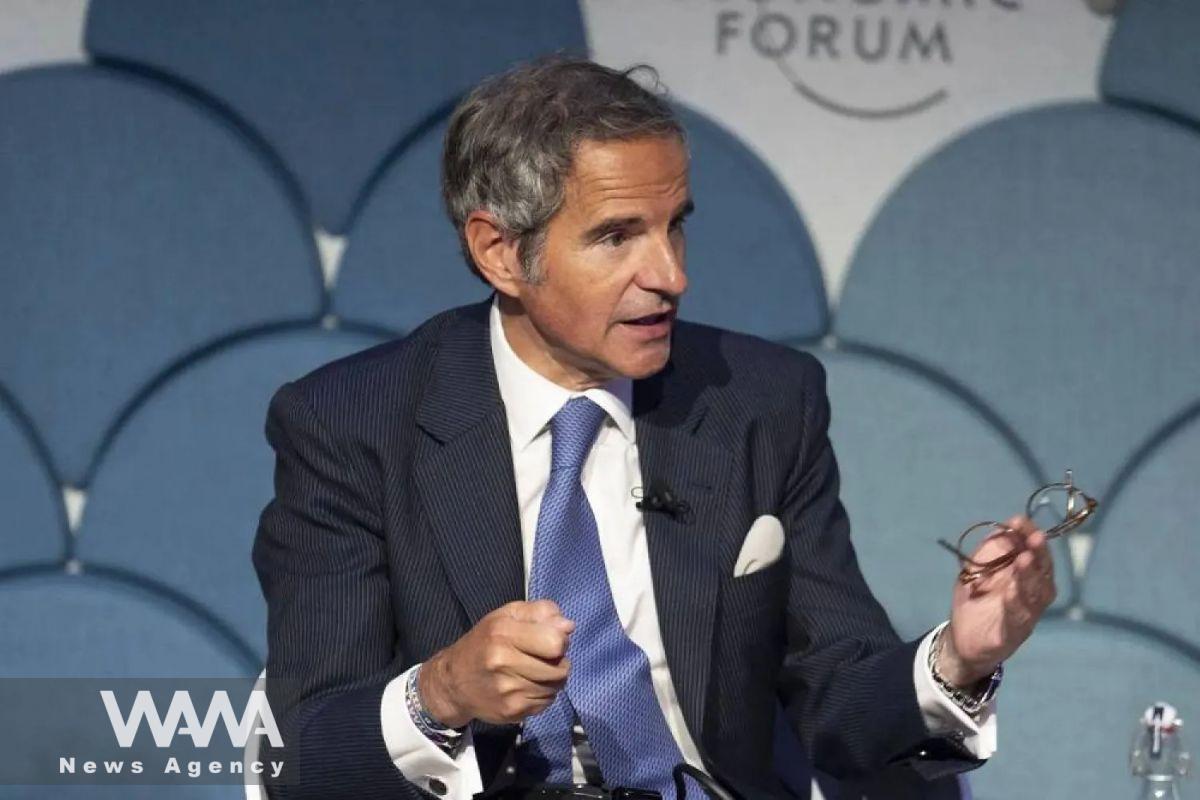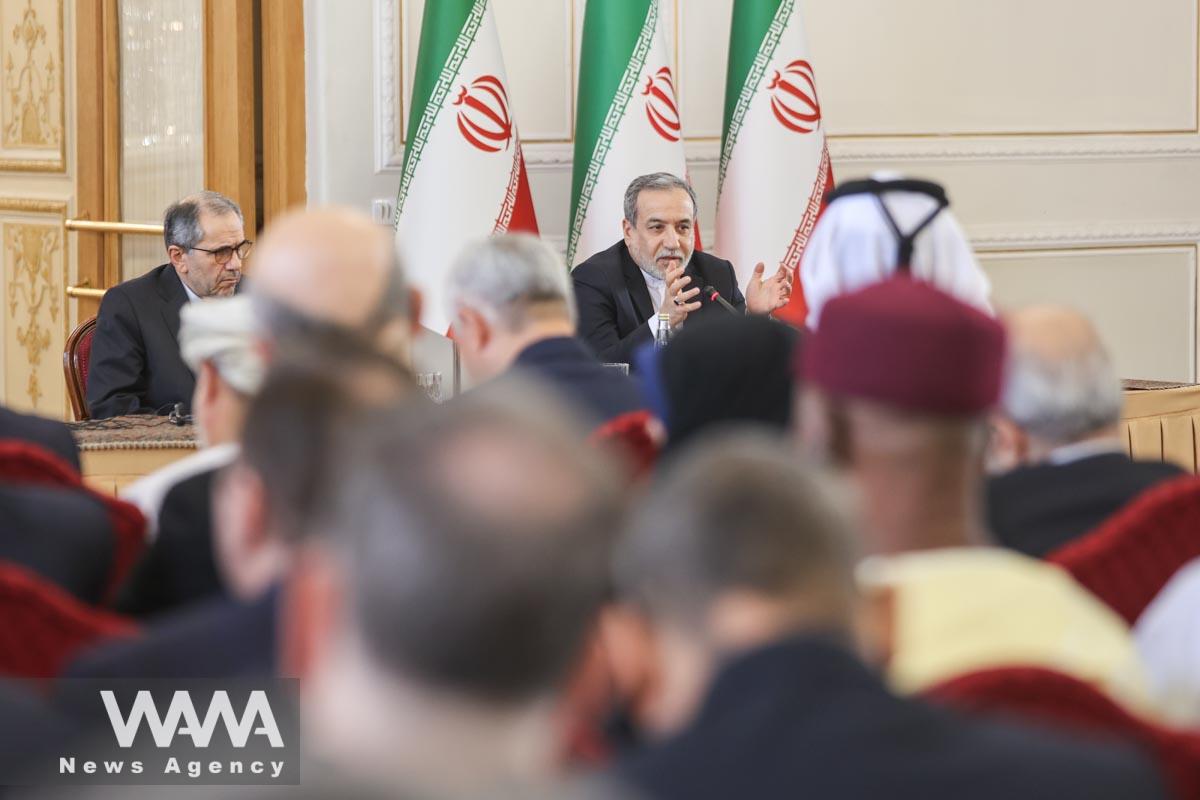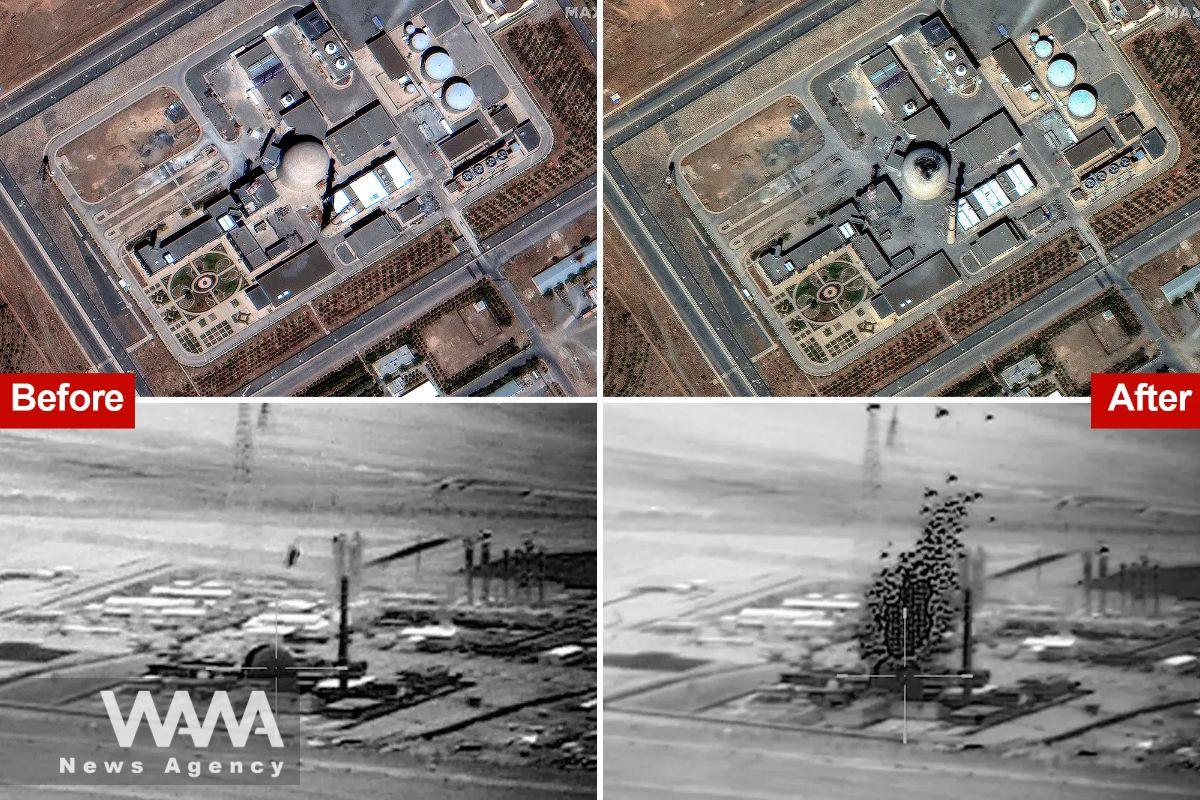WANA (Oct 05) – The Director General of the International Atomic Energy Agency (IAEA), Rafael Grossi, stated: “My report clearly said that Iran has no program to develop nuclear weapons. So, if anyone thinks that report was a reason for war, they are mistaken.”
In response to a question about whether he sees any hope of returning to Iran after the country’s recent criticisms of him and its restrictions on IAEA access, Grossi said: “Yes, absolutely. We take this matter very seriously. Recently, after lengthy negotiations, IAEA inspectors returned to Iran. As a first step in resuming inspections, they visited the Bushehr reactor. However, we still need to agree on a set of technical procedures and methods so that we can access all sites, including those damaged in the attacks, because nuclear material remains under the rubble of these sites, and such materials remain of interest to the international community. We are in the process of rebuilding the connections that were severed due to the attacks.”
Meanwhile, Iran’s Foreign Minister Abbas Araghchi said today regarding the recent Iran–IAEA agreement in Cairo: “We signed an agreement with the IAEA outlining a new framework for cooperation between Iran and the Agency, and the reason was quite clear. Given the changes on the ground and the attack on our facilities, cooperation with the Agency could not continue as before. Due to existing security and safety concerns, it was absolutely necessary to define a new framework for collaboration.”
Iranian Foreign Minister Abbas Araghchi speaks during a meeting with foreign ambassadors to Iran, in Tehran, Iran, October 5, 2025. Majid Asgaripour/WANA (West Asia News Agency)
He added: “The IAEA also agreed that a new framework was needed. After several rounds of talks, the negotiations concluded in Cairo with the signing of the Cairo Agreement. However, this agreement can no longer serve as the basis for our cooperation with the Agency, and Iran’s decision regarding future cooperation will be announced soon. As I said after the Cairo Agreement was signed, the implementation of the snapback mechanism has changed everything, and we are facing a new situation. Just as the military attack changed the circumstances, new decisions must now be made. In my view, the Cairo Agreement no longer fits the current reality.”
Military Attacks May Have Only Short-Term Effects
When asked what his message to Iran would be, Grossi said: “We must always trust dialogue. Even though I have personally faced threats, I believe we must stay committed to diplomacy. For me, for Iran, and for those who attacked Iran, it is absolutely clear that a lasting solution to the Iranian nuclear issue can only come through diplomacy.”
Grossi admitted that military attacks would not eliminate Iran’s nuclear capabilities: “Military attacks may have short-term effects, but the fact remains that technical expertise and technology exist — and what is destroyed can be rebuilt, perhaps with a spirit of revenge. That’s why I always remind all sides that a sustainable solution must be some kind of agreement — one that restores lost trust.”
Arak nuclear facility after U.S. strike. Social media/ WANA News Agency
Our Reports Only Reflected the Status of Iran’s Nuclear Program
In response to claims that the IAEA has not been impartial, Grossi said: “I am constantly criticized, and one should not fear criticism, even when I believe it is misplaced. It has been said that the IAEA’s reports gave a green light for military action — that is completely false.”
He insisted: “Our reports simply reflected the state of Iran’s nuclear program, without any new or surprising information that could justify military action. Even regarding nuclear weapons development, my report explicitly stated that Iran did not have — and still does not have — a program to build nuclear weapons. So if anyone thinks my report was a reason for war, they are entirely wrong.”
The UN’s nuclear watchdog chief added: “The problem is that finding a scapegoat in an international organization responsible for inspections and oversight is easier than blaming the real party responsible — the one on the other side.”
Grossi concluded by saying: “Diplomacy must find the right paths and the right language so that it doesn’t exclude itself as a mediator.”


